Moving from "management" to "development"
Prof. Dr. Ngo Thi Phuong Lan, Principal of the University of Social Sciences and Humanities, Ho Chi Minh National University, commented: Resolution No. 71/NQ-TW of the Politburo on breakthrough in education and training development (Resolution 71) is truly an important turning point in reshaping the future of education and training.
Compared with previous Resolutions, Resolution 71 represents a fundamental change in thinking and policy orientation towards teachers and managers.
The first breakthrough is the shift from "management" to "development" thinking. The resolution not only considers teachers as a force for management but also as the core and driving force for development. Accordingly, the policy focuses on creating a favorable environment for each teacher to maximize their capacity, be respected and contribute.
The second breakthrough is the change in the way quality is assessed. Instead of focusing only on the number of degrees, Resolution 71 emphasizes practical effectiveness and innovation. This encourages teachers to constantly update their knowledge, innovate teaching methods, especially applying digital technology and approaching international standards.
The third breakthrough is the increased autonomy of higher education institutions. With greater autonomy, schools will have more initiative in recruiting, training, and arranging personnel, thereby optimizing resources and improving the quality of the team.
“We expect that after the Resolution comes into effect, teachers and administrators will not only be knowledge transmitters but also researchers, companions, inspirers and promoters of creativity in learners,” shared Prof. Dr. Ngo Thi Phuong Lan.
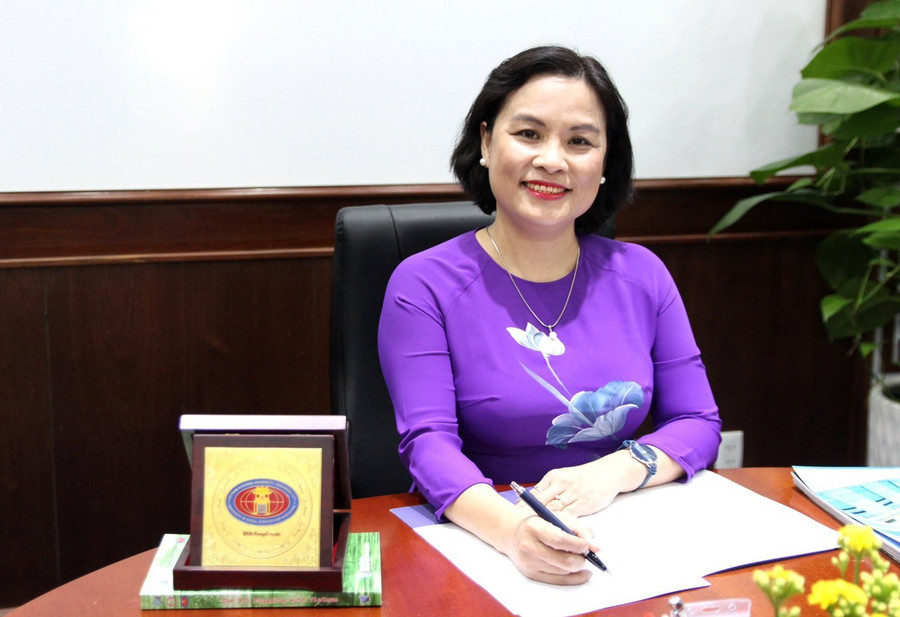
Synchronize solutions to ensure feasibility and efficiency
The implementation of Resolution 71, according to Professor, Dr. Ngo Thi Phuong Lan, will certainly face many challenges, especially in the current context of universities.
The biggest challenge is changing the mindset and working habits of a significant number of teachers and administrators. To move from traditional teaching methods to a modern, learner-centered approach requires a great deal of effort and perseverance.
The second challenge is the pressure on resources to invest in training and improving qualifications. Despite the policy, budget allocation and mobilization of social resources still face many difficulties.
To ensure the feasibility and effectiveness of the Resolution, Professor, Dr. Ngo Thi Phuong Lan said that it is necessary to deploy a set of synchronous solutions:
Accordingly, in terms of policies and mechanisms, it is necessary to specify incentive policies and create motivation for excellent teachers; build a scientific and fair evaluation mechanism based on work performance and actual level of contribution.
Regarding training and development, it is necessary to strengthen in-depth training programs on modern teaching methods, digital skills, and scientific research; organize seminars and forums to share experiences and learn from each other.
Regarding the working environment, it is necessary to build a professional working environment that encourages autonomy, creativity and cooperation. Apply technology in management to reduce administrative work, helping teachers have more time for their expertise.
“We believe that with the consensus of the whole society, the determination of leaders at all levels and the efforts of each individual, we will overcome these challenges to bring Vietnamese higher education to a new level,” said Prof. Dr. Ngo Thi Phuong Lan.
Source: https://giaoducthoidai.vn/thay-doi-can-ban-trong-tu-duy-dinh-huong-chinh-sach-voi-doi-ngu-nha-giao-post746878.html



![[Photo] The drum beats to open the new school year in a special way](https://vphoto.vietnam.vn/thumb/1200x675/vietnam/resource/IMAGE/2025/9/5/b34123487ad34079a9688f344dc19148)


![[Photo] Prime Minister hands over decisions on receiving, transferring and appointing leaders of ministries and agencies](https://vphoto.vietnam.vn/thumb/1200x675/vietnam/resource/IMAGE/2025/9/4/b2445ecfd89c48bdb3fafb13cde72cbb)


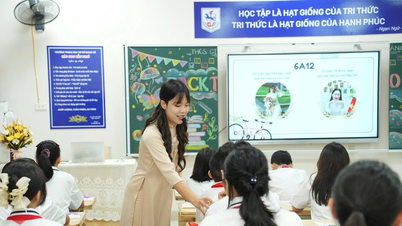

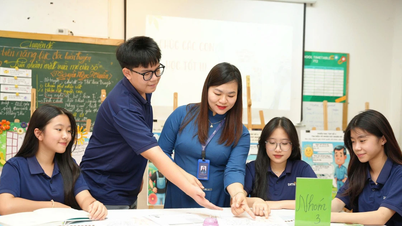
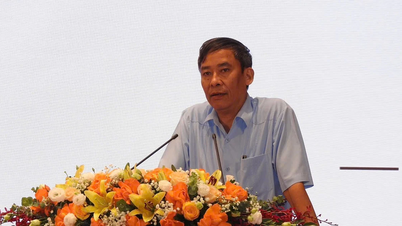
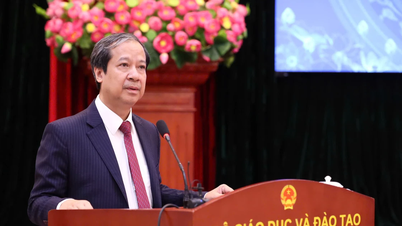
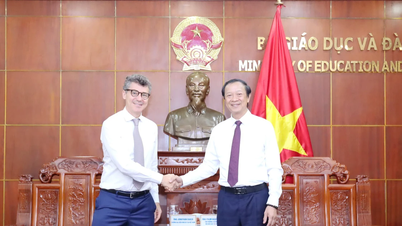
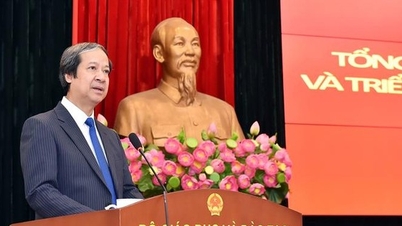
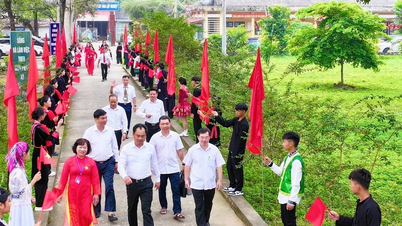


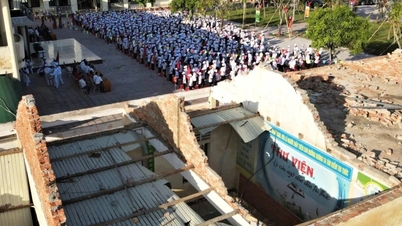

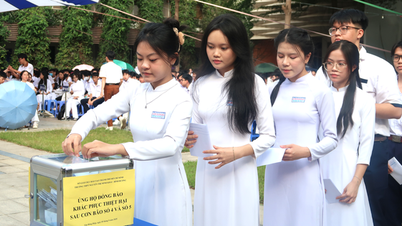



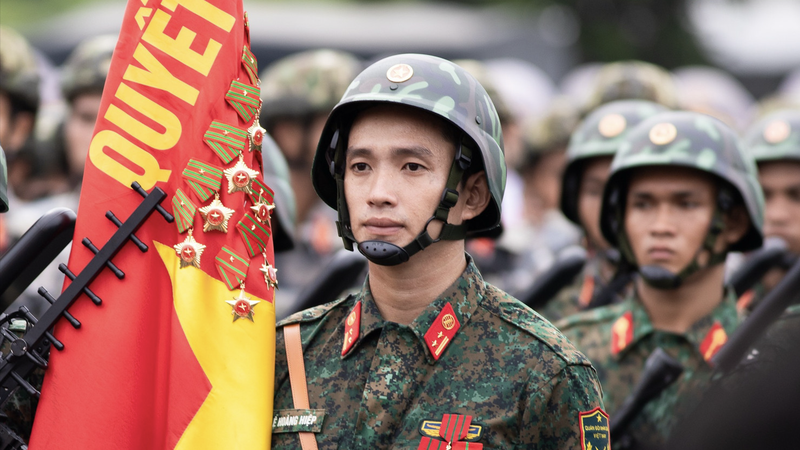


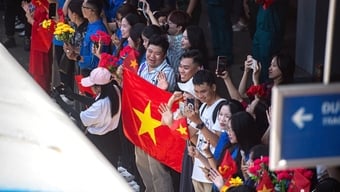
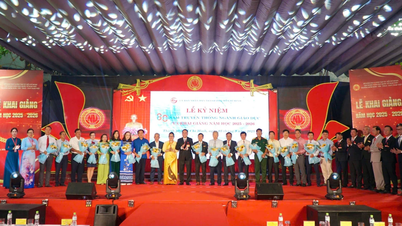
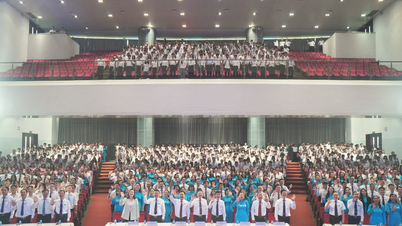



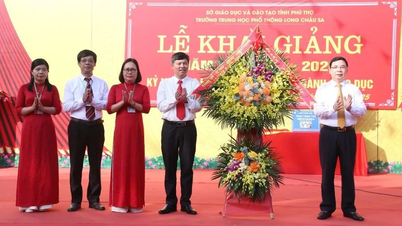
![[Photo] Politburo works with the Standing Committee of Can Tho City Party Committee](https://vphoto.vietnam.vn/thumb/1200x675/vietnam/resource/IMAGE/2025/9/4/10461762301c435d8649f6f3bb07327e)







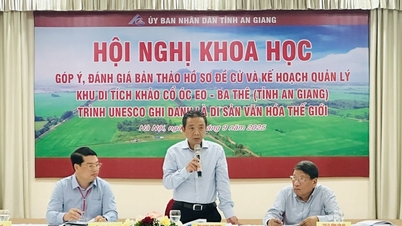





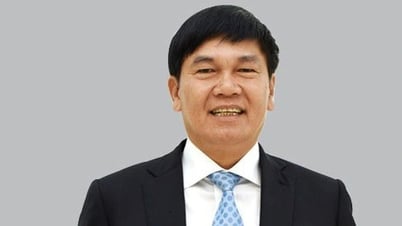











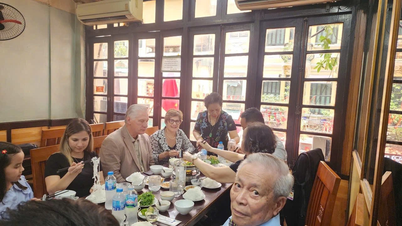






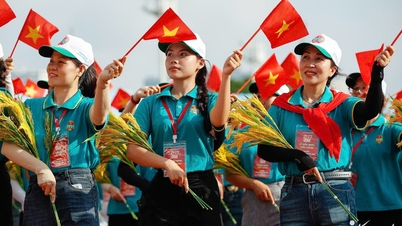
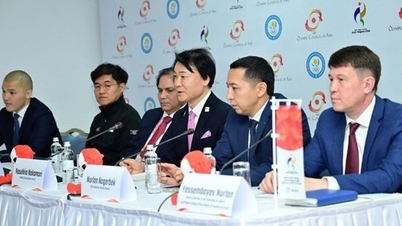








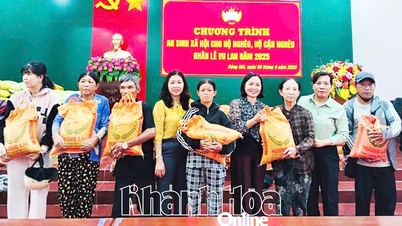



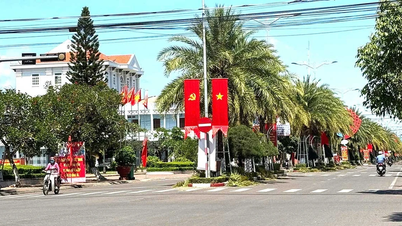

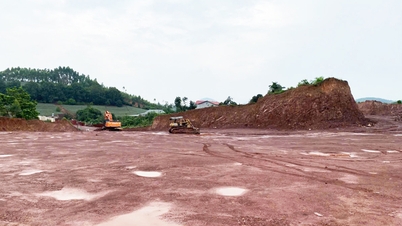


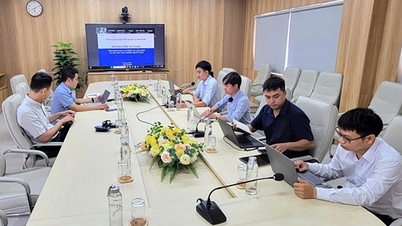




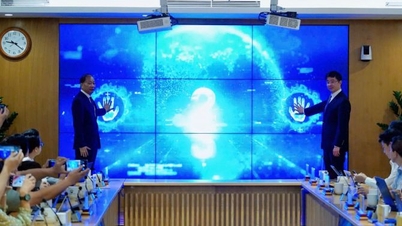






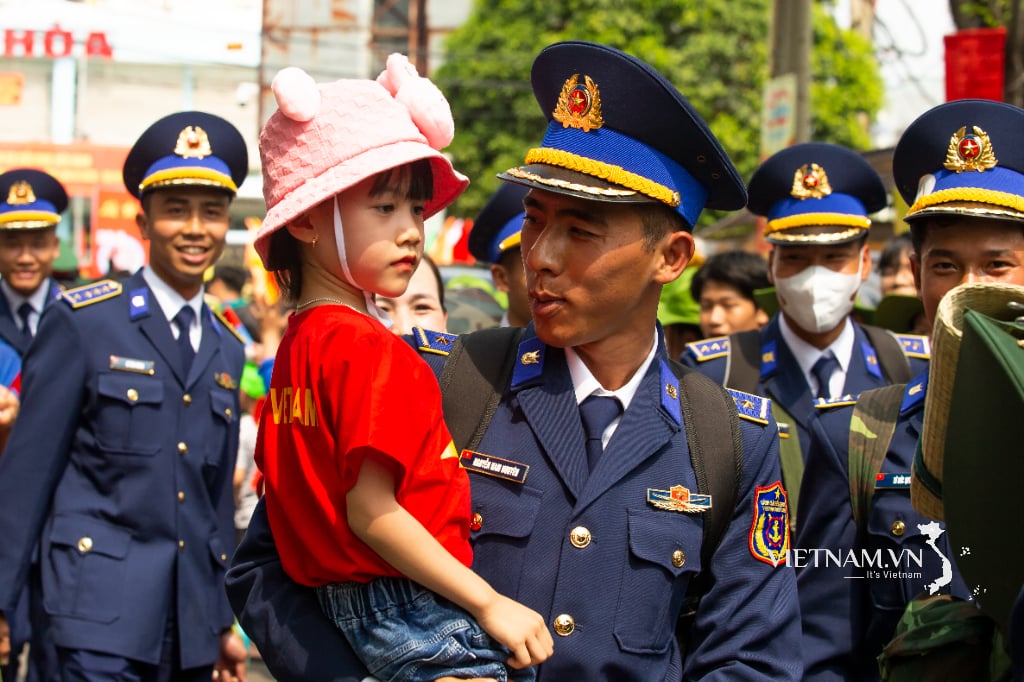

Comment (0)